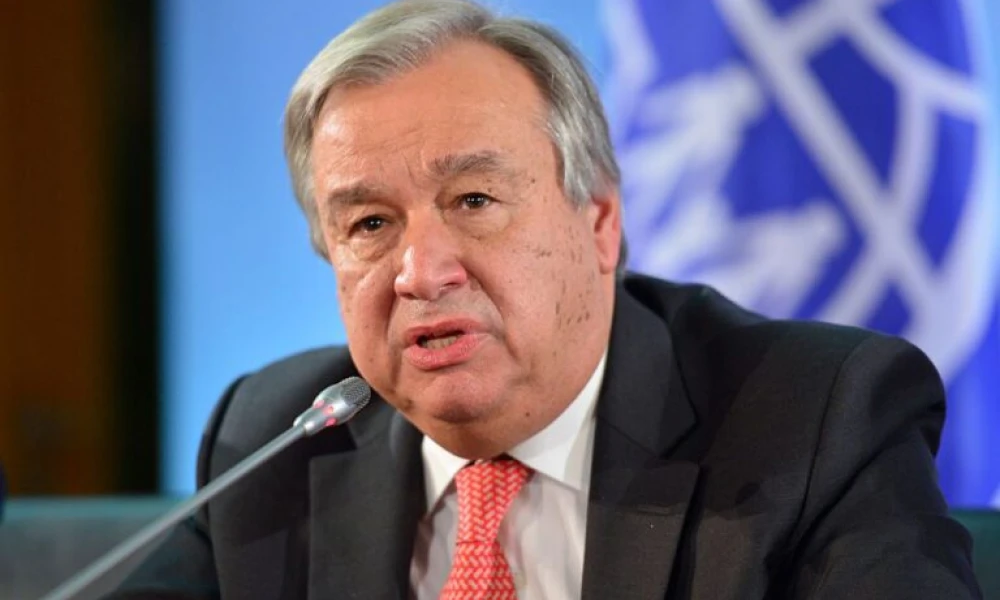Following reports of Israeli strikes near a nuclear power station in Iran on Friday, UN Secretary-General Antonio Guterres issued a new appeal for all parties involved to halt the cycle of retaliation in the Middle East.
Guterres condemned any acts of retaliation and called on the international community to collaborate in preventing further escalations that could have devastating consequences for the region and beyond, as stated in a statement from his office.
Echoing these concerns, Rafael Grossi, chief of the UN’s atomic energy agency, urged extreme restraint from all sides after over six months of conflict in Gaza, which has raised fears of a broader regional conflict.
The International Atomic Energy Agency confirmed that there was no damage to Iran’s nuclear sites and reiterated its call for extreme restraint, emphasizing that nuclear facilities should never be targeted in military conflicts.
The UN’s human rights office in Geneva also called for de-escalation and urged third-party states, particularly those with influence, to take action to prevent further deterioration of the already precarious situation.
Meanwhile, aid teams in Gaza highlighted the dangers faced by Palestinian civilians, especially pregnant women and breastfeeding mothers, due to the destruction of vital medical equipment and widespread dehydration, malnutrition, and fear among the population.
Dominic Allen, representing the UN’s sexual and reproductive health agency for Palestine, reported an increase in complicated births, nearly double the pre-war numbers, due to malnutrition, dehydration, and fear affecting pregnant women’s ability to give birth safely.
Allen described the destruction of medical equipment in Gaza’s hospitals, noting that essential repairs are needed for the facilities to function again. The UNFPA mission, conducted in partnership with WHO, OCHA, and UNRWA, aimed to assess and address the healthcare challenges in Gaza amid ongoing conflict and humanitarian crisis.


